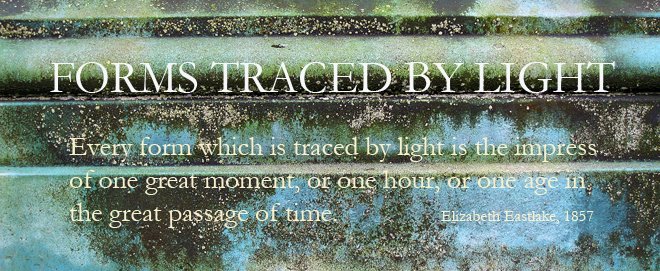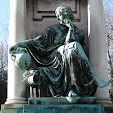
So how, exactly, might one go about documenting the economic downturn, the recession, the abysmal financial pit into which we're staring? This is a question to put to tomorrow's class on documentary... when, in considering the history of the genre, we'll look at, among other things, iconic FSA images, and less well known ones too, like the color images of Pie Town, NM. And we might ask if documentary images are the same as news images (an anonymous white shirted man walking in blurred focus past the closed doors of Lehman Brothers, under the very suspicious eyes of a security guard)? How to differentiate the impact of a natural disaster (the Katrina images of Robert Polidori, John Rosenthal, David Julian, say) - visually - from that of a different sort of ruin? (Eve Morgenstern, in her pictures of boarded up/foreclosed houses in Detroit and Oakland is someone who has documented these well). Is it something that's more easily shown through illustration? (the Guardian, a few weeks back, had an animated graphic of a typical English town high street - in other words, one filled with chain stores - and one could click on them to see which ones were in receivership, which ones - Woolworths, for example - closing. Is the problem that while some of the effects of the crisis are very visible - boarded-up stores, For Sale signs, the continual presence of people asking for food donations for the Highland Park Food Bank outside Stop & Shop - so much damage and apprehension is internal, rather than something easily made visible? If one's looking for literary representation of dread and suspicion, Joshua Ferris's 2007 novel Then We Came to the End looks extraordinarily prescient.
This ten pound note at one level doesn't document a thing, other than the fact that it was sitting on my desk top this morning so that I would remember to take it to England tomorrow (today's exchange rate means that it's worth $14.25, she notes, cheerfully...). And yet it looks crumpled, jaundiced, the features of the woman whom my father determinedly calls Betty Windsor turned down into a sad and wistful expression. It's not a picture of currency looking jaunty, for sure.


No comments:
Post a Comment